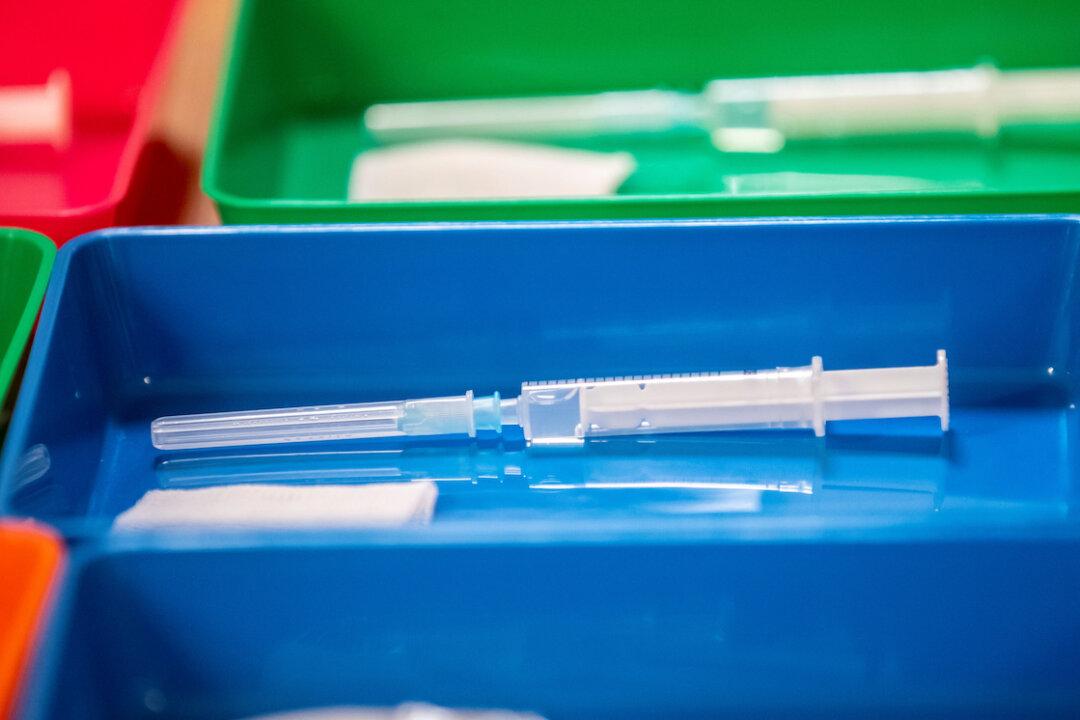U.S.-based Pfizer and its Germany-based partner BioNTech plan to give volunteers who received a placebo in its COVID-19 vaccine trial an option to receive a first dose of the vaccine by March 1, 2021.
“All participants aged 16 years and older who courageously volunteered to help make a difference during this pandemic have the option to receive the investigational vaccine while continuing to be part of the clinical trial,” the companies said on their website.




